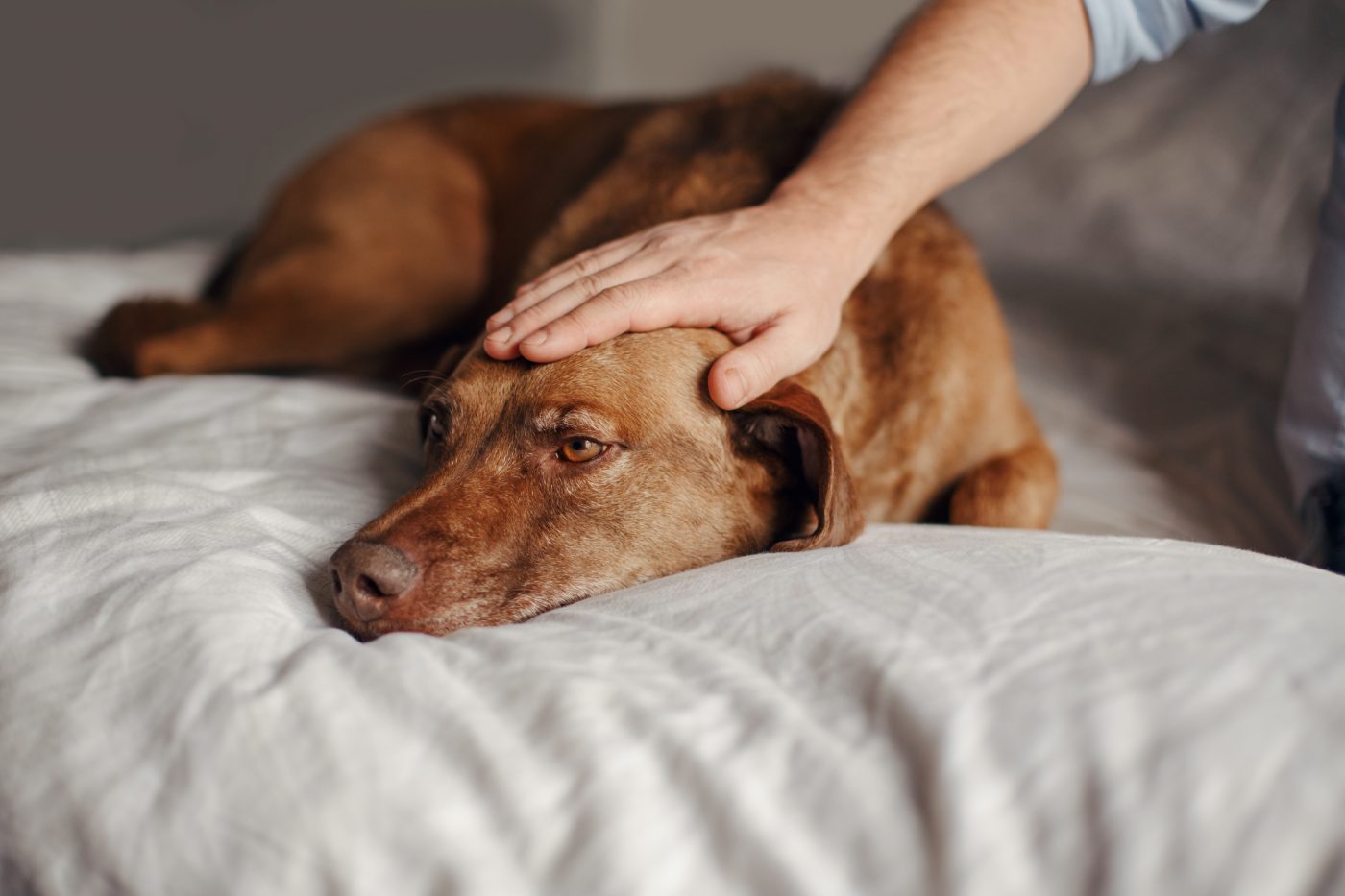 Shutterstock
Shutterstock
Dogs, like humans, can experience anxiety, and sometimes that anxiety stems from their environment or even their owner’s behavior. While we always have our dogs’ best interests at heart, certain actions or habits may unintentionally contribute to their stress. Recognizing the behaviors that trigger anxiety in dogs is crucial for their emotional well-being. Whether due to inconsistent routines, sudden changes, or particular training methods, being mindful of how we interact with our dogs can significantly reduce their stress and create a more secure, comforting environment.
Inconsistent Routines
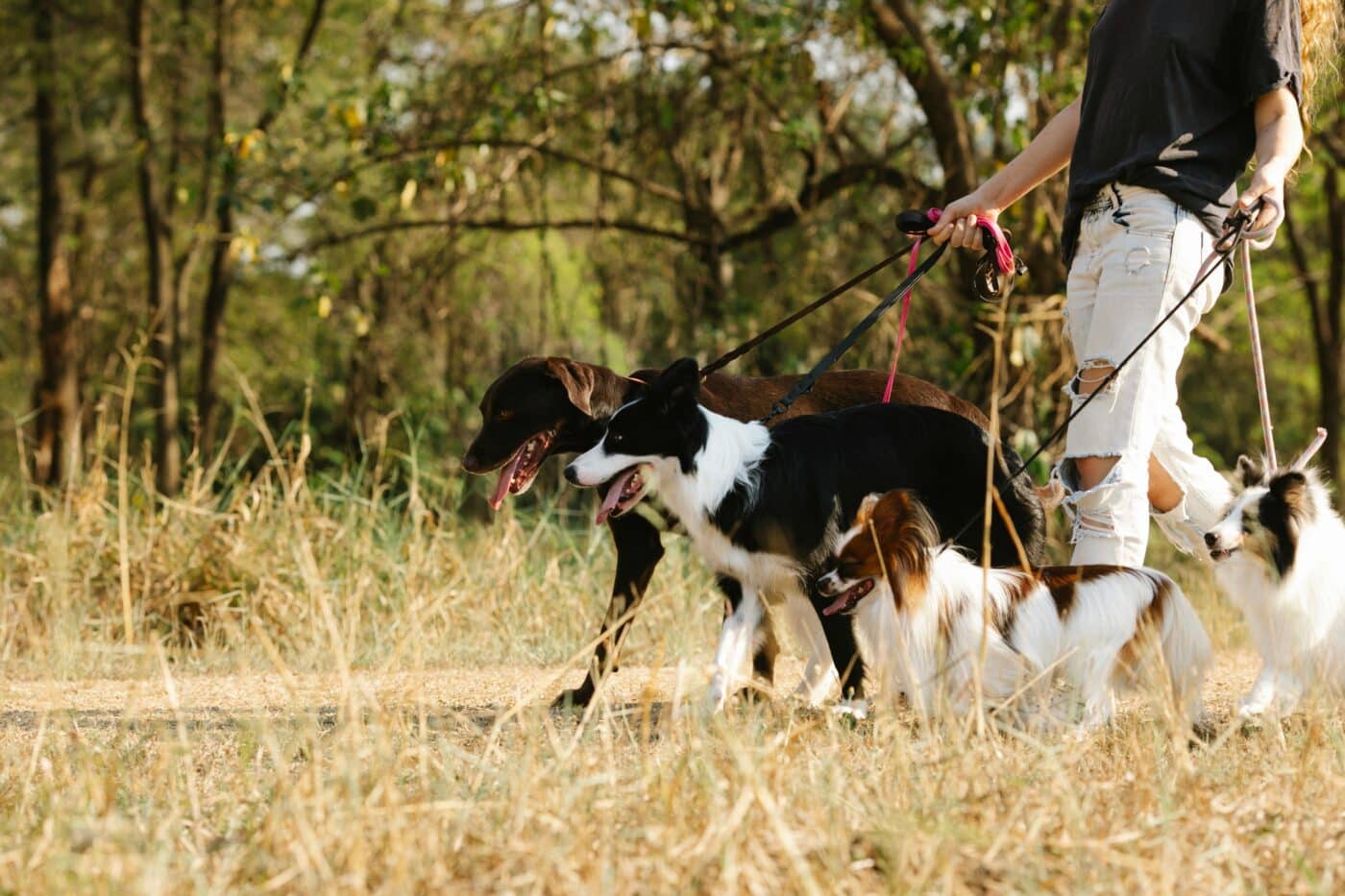 Shutterstock
Shutterstock
Dogs are creatures of habit, and they thrive on consistency. When routines such as feeding times, walks, or even bedtime are inconsistent, it can create confusion and anxiety in your dog. A predictable routine helps dogs feel secure because they know what to expect daily. When you change their schedule too frequently or skip regular activities like walks, it can cause stress. Whether dealing with a busy work schedule or unexpected life changes, stick to a routine as much as possible. This consistency will help your dog feel more at ease.
Leaving Your Dog Alone for Long Periods
 Shutterstock
Shutterstock
Separation anxiety is one of the most common causes of stress in dogs. Dogs are social animals that build strong bonds with their owners, and when they are left alone for extended periods, they can become anxious. This anxiety often manifests in destructive behavior, excessive barking, or house soiling. If you need to be away from home for long stretches, it’s important to train your dog to be gradually comfortable being alone. Consider hiring a dog walker or asking a friend to check on your dog during the day to help ease their anxiety.
Lack of Mental Stimulation
 Shutterstock
Shutterstock
Boredom can lead to anxiety in dogs, especially in naturally energetic or intelligent breeds, such as Border Collies or German Shepherds. Dogs may become restless, frustrated, and anxious without proper mental stimulation. Activities like puzzle toys, interactive games, and training exercises can keep your dog’s mind engaged and help reduce anxiety. Like humans, dogs must be mentally challenged to stay happy and relaxed. Regular mental stimulation keeps anxiety at bay and strengthens your bond with your dog.
Using Harsh Training Methods
 Shutterstock
Shutterstock
While it’s important to train your dog, using harsh methods like yelling, hitting, or punishing it can cause severe anxiety. Dogs respond best to positive reinforcement, where good behavior is rewarded with treats, praise, or playtime. When dogs are trained with fear-based methods, they can become anxious, withdrawn, or aggressive. Punishing a dog for bad behavior without understanding the underlying cause will only heighten its anxiety. Shifting to positive reinforcement techniques will help your dog feel more secure and willing to learn.
Overexposure to Loud Noises
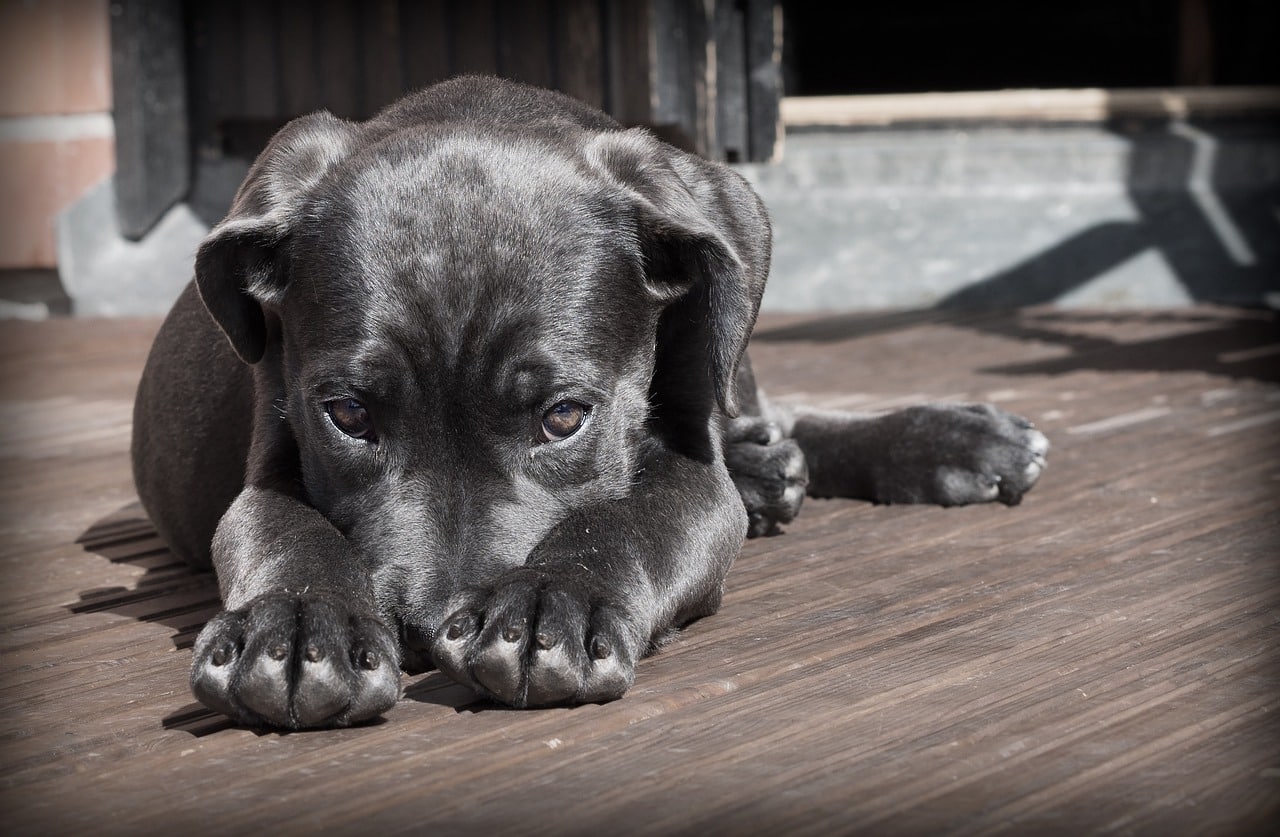 Shutterstock
Shutterstock
Dogs have much more sensitive hearing than humans, so loud noises such as thunderstorms, fireworks, or even a vacuum cleaner can trigger anxiety. Noise anxiety is common in dogs and can cause them to become fearful, hide, or exhibit destructive behaviors. To help your dog cope, create a safe, quiet space during loud events, and consider desensitization techniques that gradually introduce them to these sounds in a controlled environment. Playing calming music or using white noise machines can also help reduce anxiety caused by loud noises.
Lack of Socialization
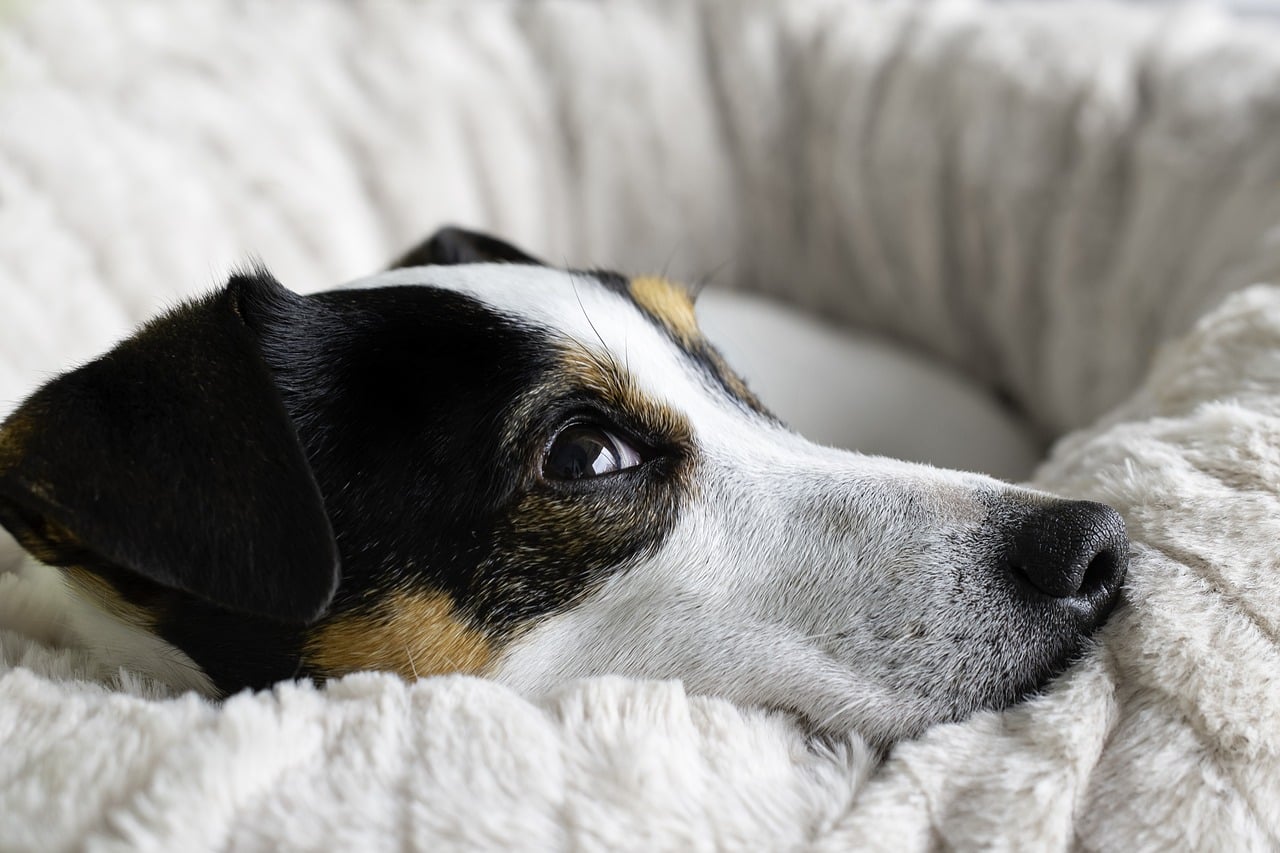 Shutterstock
Shutterstock
Proper socialization is essential for a well-adjusted dog. Dogs not exposed to different environments, people, and other animals may develop anxiety in new or unfamiliar situations. If your dog becomes fearful or nervous in public places, around other dogs, or when meeting new people, it may be due to a lack of socialization during their early development. Gradually introducing your dog to new experiences in a controlled and positive way can help reduce their anxiety. Socializing your dog regularly will build their confidence and help them feel more comfortable in different settings.
Over-coddling Your Dog
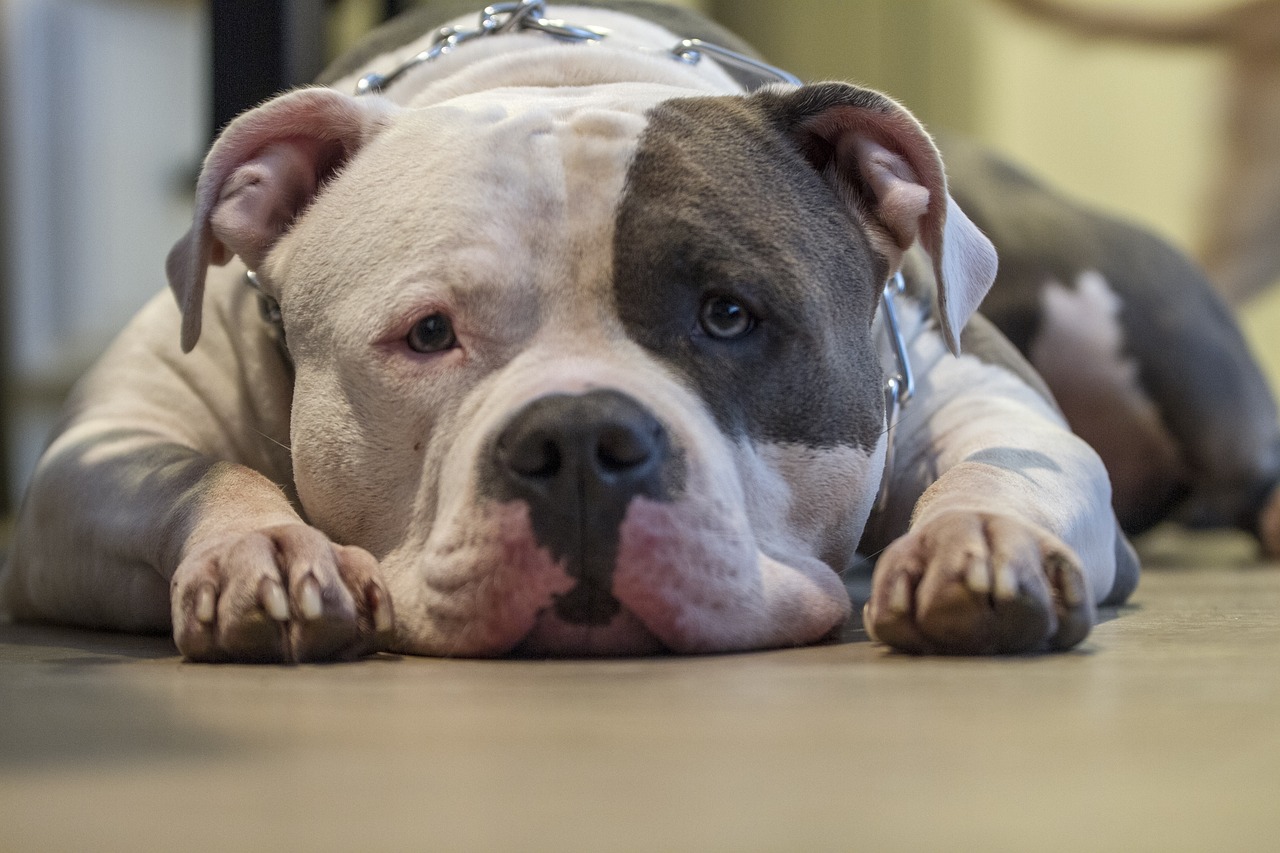 Shutterstock
Shutterstock
While it’s natural to want to comfort your dog when they’re feeling anxious, over-coddling can sometimes reinforce their anxiety. For example, if your dog is afraid of thunderstorms and you constantly reassure them with excessive petting or soothing words, they may interpret this as confirmation that something is wrong. Instead of reinforcing their fear, try to remain calm and act normally during anxiety-inducing situations. Providing a calm, consistent environment can help your dog feel more secure without relying on excessive attention.
Frequent Changes in the Environment
 Shutterstock
Shutterstock
Dogs thrive in stable environments, and frequent changes, such as moving to a new home, can cause anxiety. Even small changes, like rearranging furniture, can unsettle some dogs. They may become confused or nervous when their familiar surroundings are altered. If you need to move or make changes in your home, try to make the transition as smooth as possible for your dog. Maintaining their routine and providing familiar objects, like their bed or toys, can help ease their anxiety in a new environment.
Lack of Physical Exercise
 Shutterstock
Shutterstock
Regular exercise is essential for your dog’s physical and mental well-being. Dogs that don’t get enough exercise can become restless and anxious, which often leads to destructive behaviors like chewing, digging, or excessive barking. Depending on the breed and age of your dog, they may need more or less exercise, but every dog benefits from daily physical activity. Long walks, playtime, and interactive games can help burn off excess energy and reduce anxiety. A well-exercised dog is typically calmer, more relaxed, and less prone to stress.
Ignoring Your Dog’s Body Language
 Shutterstock
Shutterstock
Dogs communicate primarily through body language; ignoring their signals can increase anxiety. Signs of stress, such as yawning, licking lips, pacing, or ears pulled back, are all ways your dog may tell you they’re uncomfortable or anxious. By recognizing and responding to your dog’s body language, you can better understand their needs and help alleviate their anxiety. Ignoring these signals can cause their stress to escalate. Pay attention to what your dog tells you through their behavior, and adjust your approach to make them feel more secure.
Unclear Boundaries or Mixed Signals
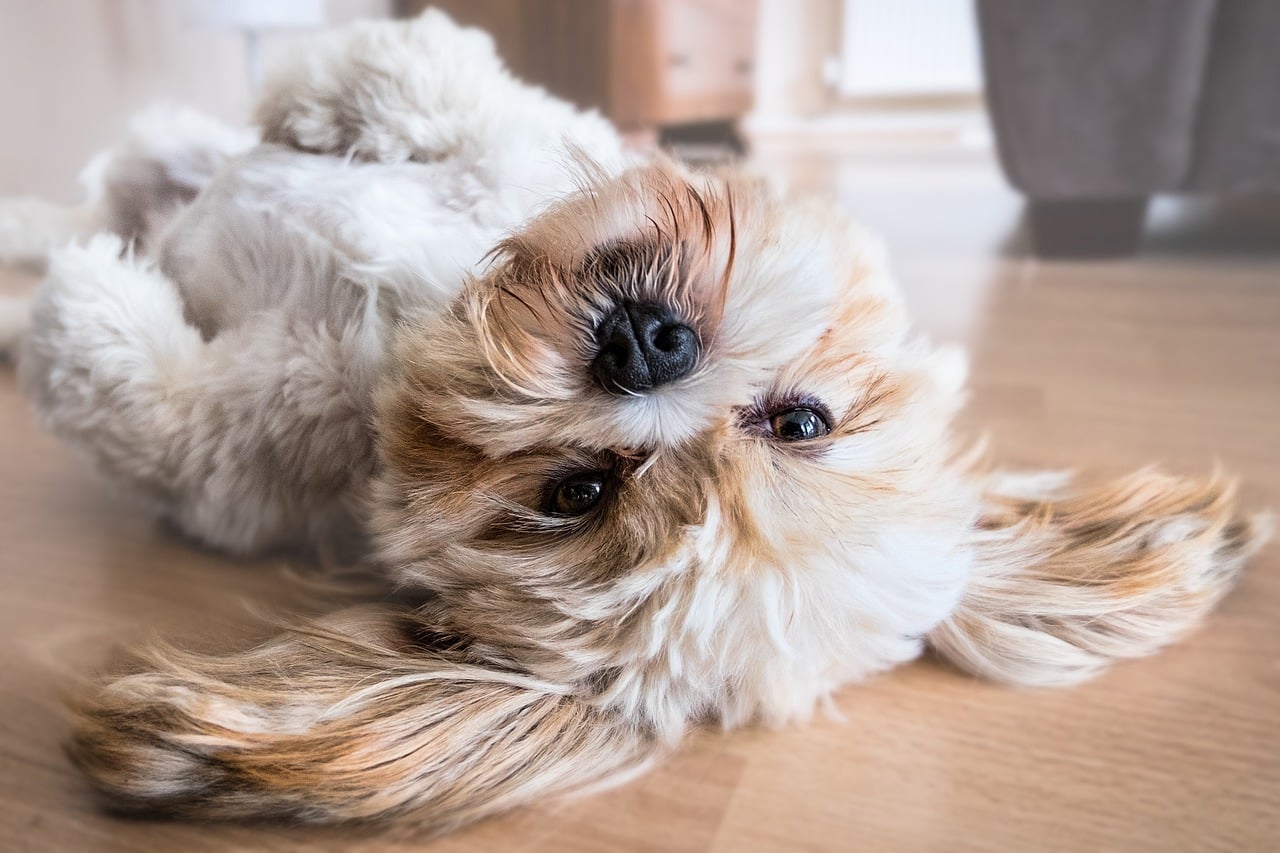 Shutterstock
Shutterstock
Dogs need clear boundaries and consistent communication to feel secure. When they receive mixed signals or unclear rules, it can create confusion and anxiety. For example, if your dog is allowed on the couch one day and scolded for it the next, they won’t understand what’s expected of them. This inconsistency can make them feel anxious and unsure. To avoid this, ensure everyone in your household is on the same page regarding rules and commands. Consistency helps your dog feel secure and reduces anxiety caused by confusion.
Not Giving Your Dog a Safe Space
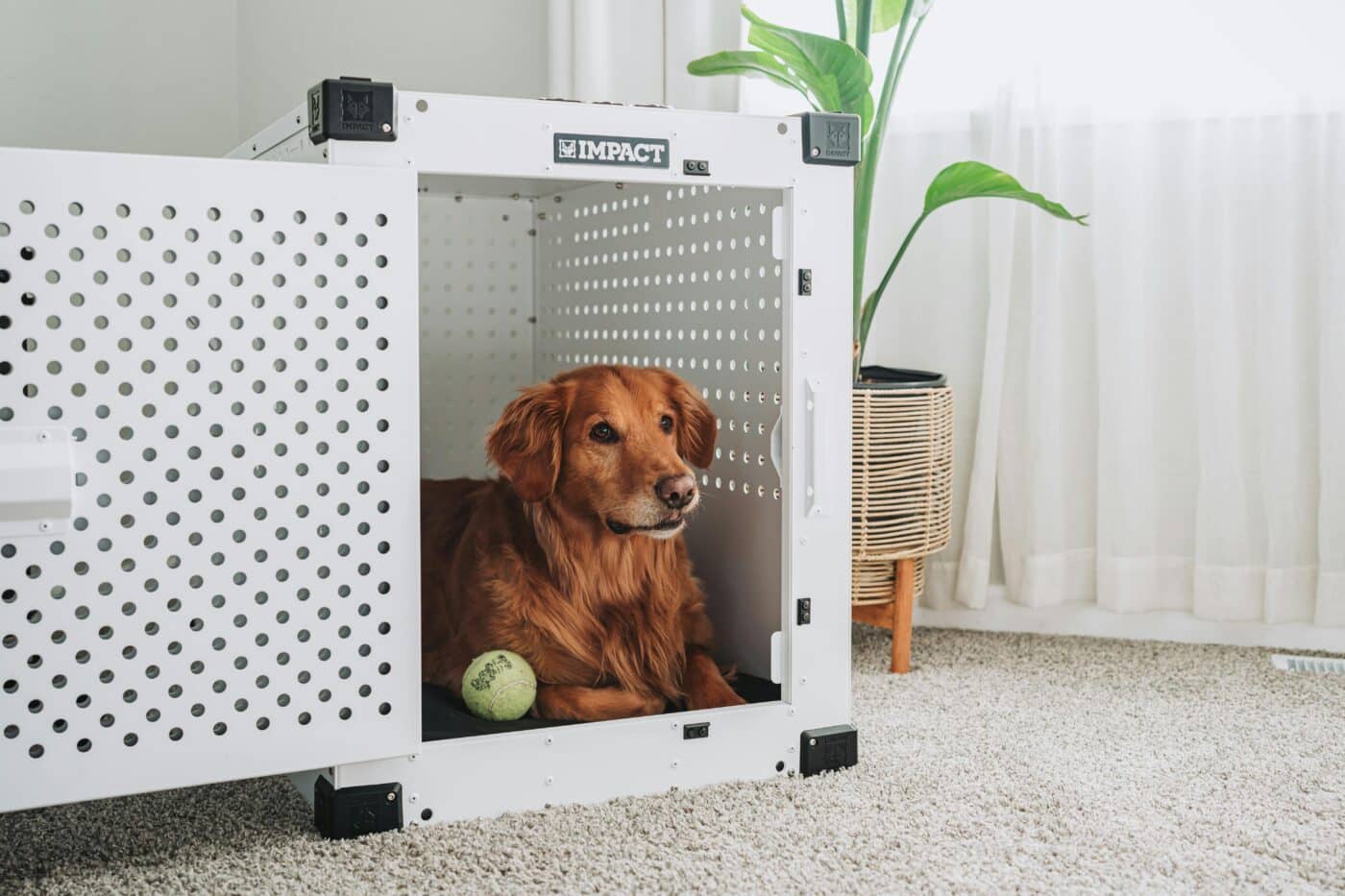 Shutterstock
Shutterstock
Dogs need a designated safe space to retreat and feel secure, especially during stressful moments. This could be a quiet corner, a cozy crate, or a specific room in the house. When dogs don’t have a place to escape when they feel overwhelmed or threatened, their anxiety can increase significantly. They may feel trapped, exposed, or constantly on edge without a safe space. Providing a secure area gives them a sense of control over their environment and a place to relax when they’re feeling anxious, which is crucial for their overall well-being.
Overwhelming Your Dog with Too Much Attention
 Shutterstock
Shutterstock
While it’s natural to shower your furry friend affectionately, constantly overwhelming them with attention can increase their anxiety. Some dogs need time to themselves and prefer a quiet, calm environment over one filled with constant petting, cuddling, or playful interactions. Dogs that are forced to interact non-stop may become overstimulated and anxious. Reading your dog’s cues and giving them space when needed is important. Respecting their boundaries and allowing them to approach you for attention on their own terms helps to reduce anxiety and create a stronger, more trusting bond.
Feeding Your Dog an Unbalanced Diet
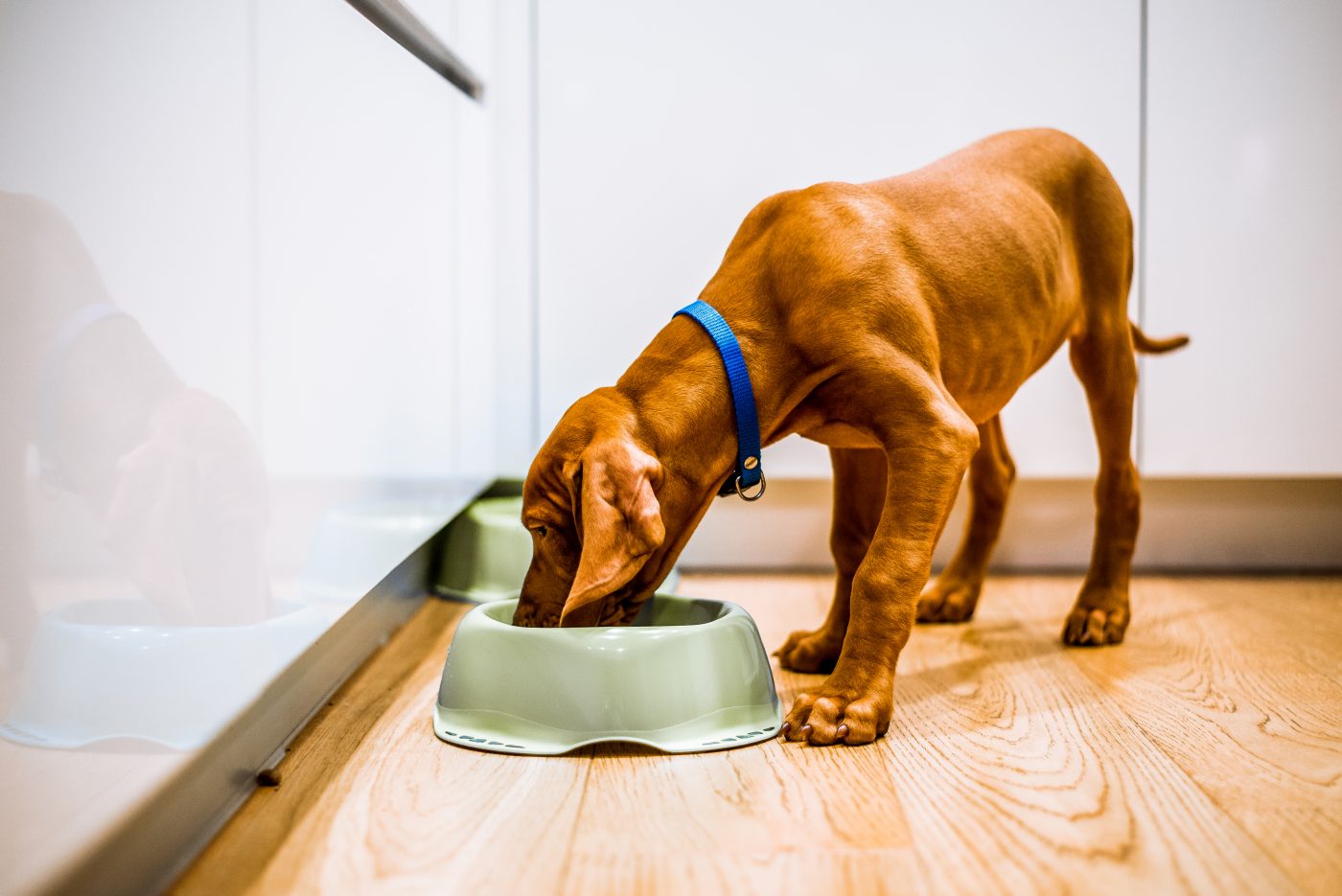 Shutterstock
Shutterstock
An unbalanced diet can affect your dog’s mood and behavior, contributing to anxiety. Just like humans, dogs need proper nutrition to maintain both their physical and mental health. Diets that lack essential vitamins, minerals, and proteins can lead to chemical imbalances in the brain, making dogs more prone to anxiety and stress. Additionally, feeding your dog unhealthy treats or human food can lead to gastrointestinal discomfort, which can also be a source of anxiety. Consulting with a veterinarian to ensure your dog gets a balanced diet can greatly improve their happiness and reduce anxiety.
Overusing Your Phone Around Your Dog
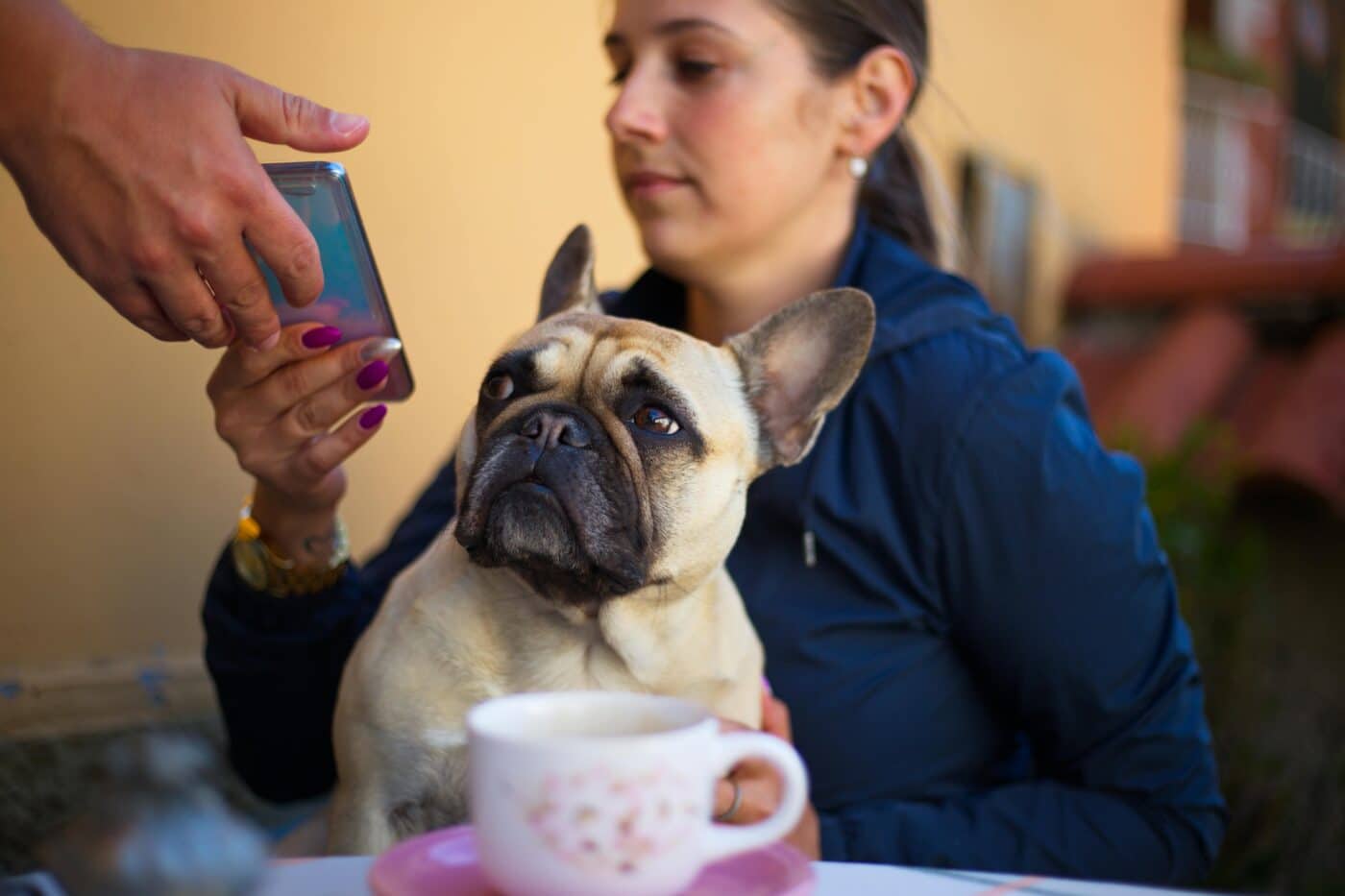 Shutterstock
Shutterstock
Dogs are incredibly perceptive and sensitive to the emotional energy of their owners. When you’re constantly distracted by your phone, your dog may feel neglected or confused, leading to anxiety. Dogs thrive on interaction and the emotional connection they have with their humans. If your dog notices that you’re more focused on your phone than on them, it can make them feel anxious or unsure about their place in the home. Giving your dog your undivided attention, even for short periods throughout the day, helps reassure them and strengthen your bond, reducing their anxiety.
Having a High-Stress Household
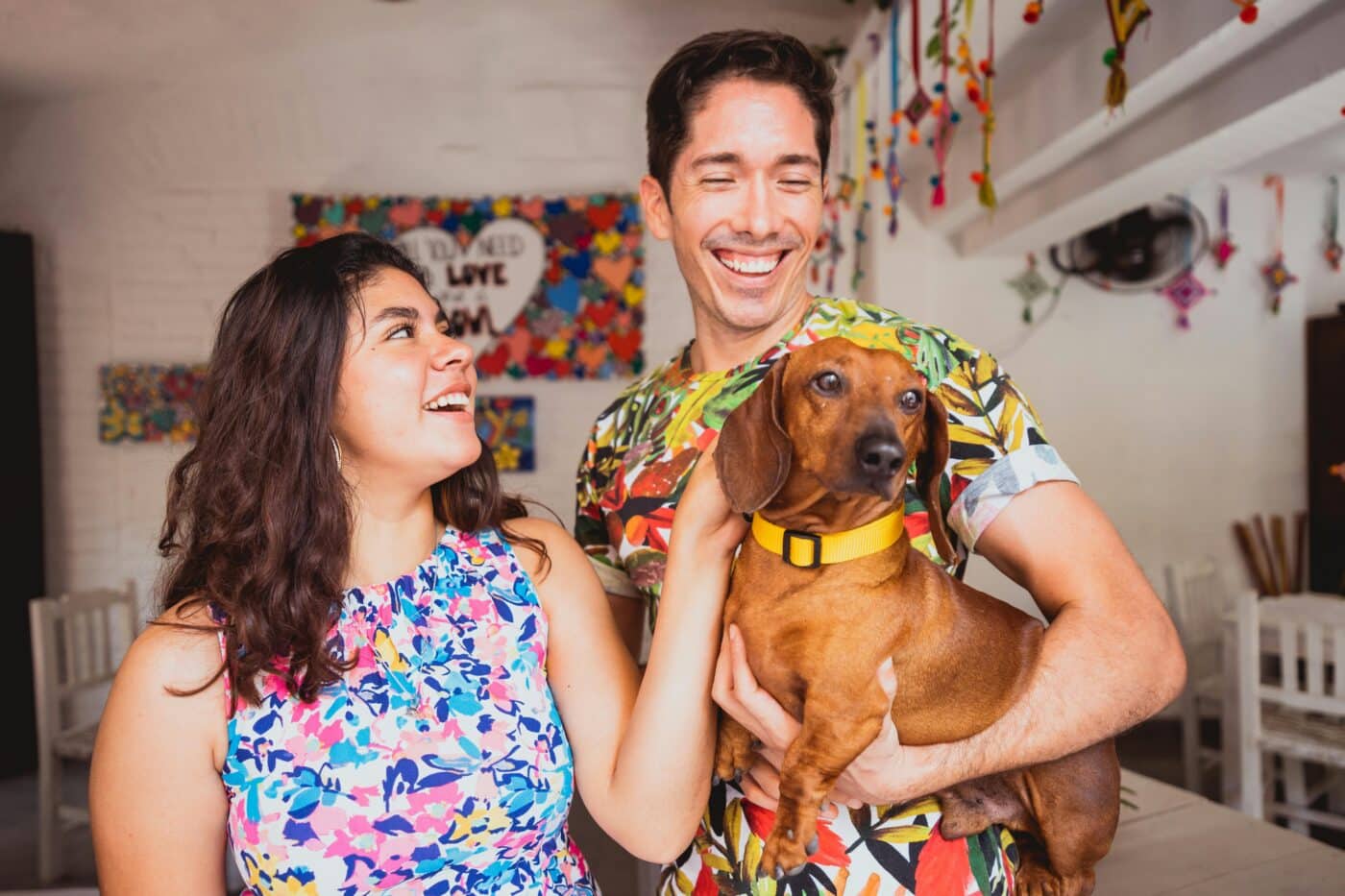 Shutterstock
Shutterstock
Dogs are highly attuned to the emotions of the people around them. If your household is frequently filled with tension, arguments, or high-stress situations, your dog will likely pick up on these emotions and become anxious. Dogs can sense when their owners are stressed or upset, making them feel uneasy or unsafe. Creating a calm and harmonious environment at home is essential for reducing your dog’s anxiety. Even small changes, like practicing mindfulness or playing calming music, can greatly affect how secure and relaxed your dog feels.
Using Inconsistent or Harsh Voice Tones
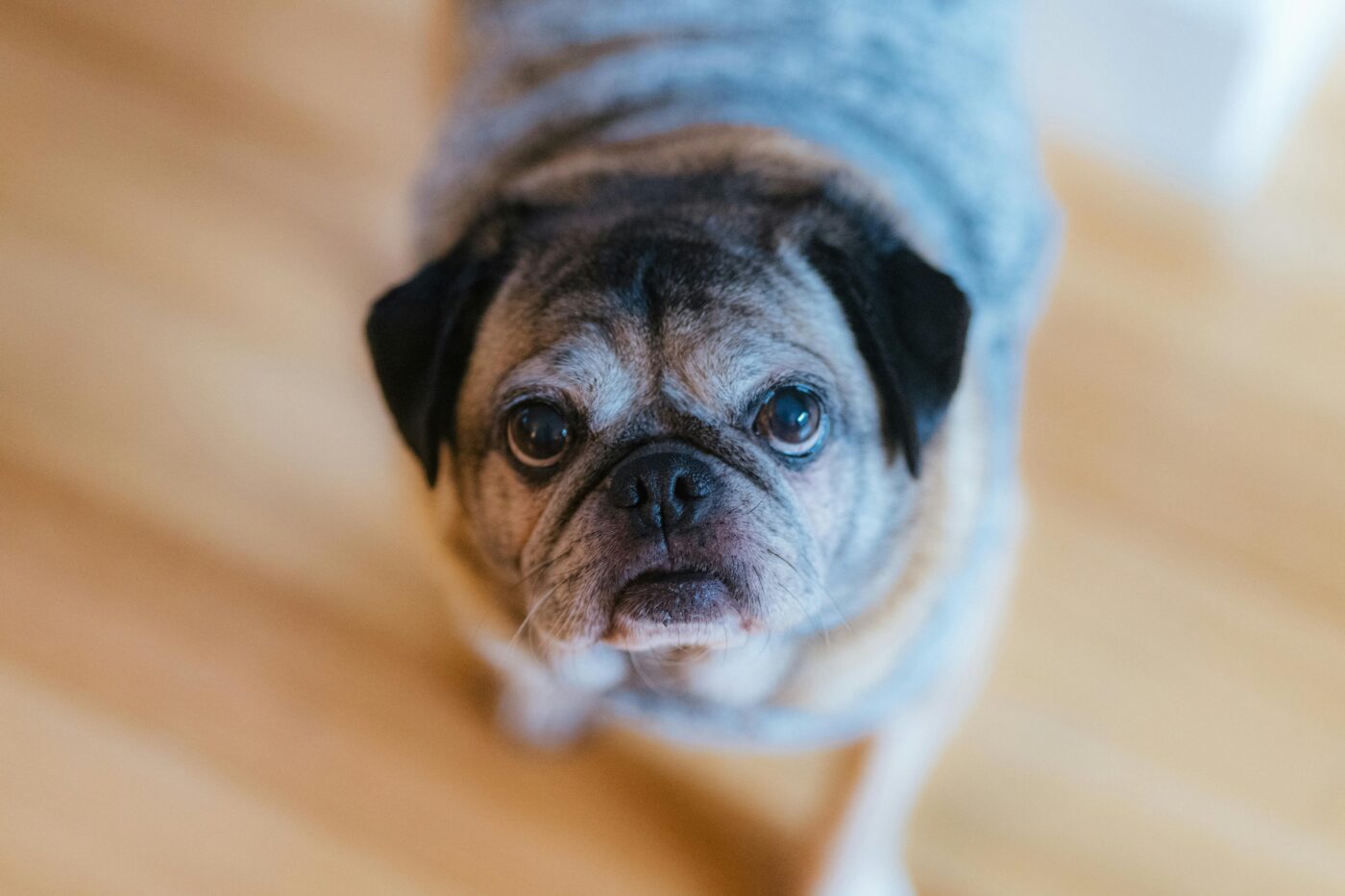 Shutterstock
Shutterstock
Dogs are sensitive to the tone of your voice, and using inconsistent or harsh tones can confuse and stress them out if your voice is loud and angry one moment but gentle and sweet the next, your dog won’t know what to expect, leading to anxiety. Dogs rely on their owners for clear communication; your voice is a major part of how they interpret your intentions and emotions. Keeping a calm and consistent tone when giving commands or addressing your dog helps reassure them and creates a more anxiety-free environment.
Letting Strangers Pet Your Dog Without Consent
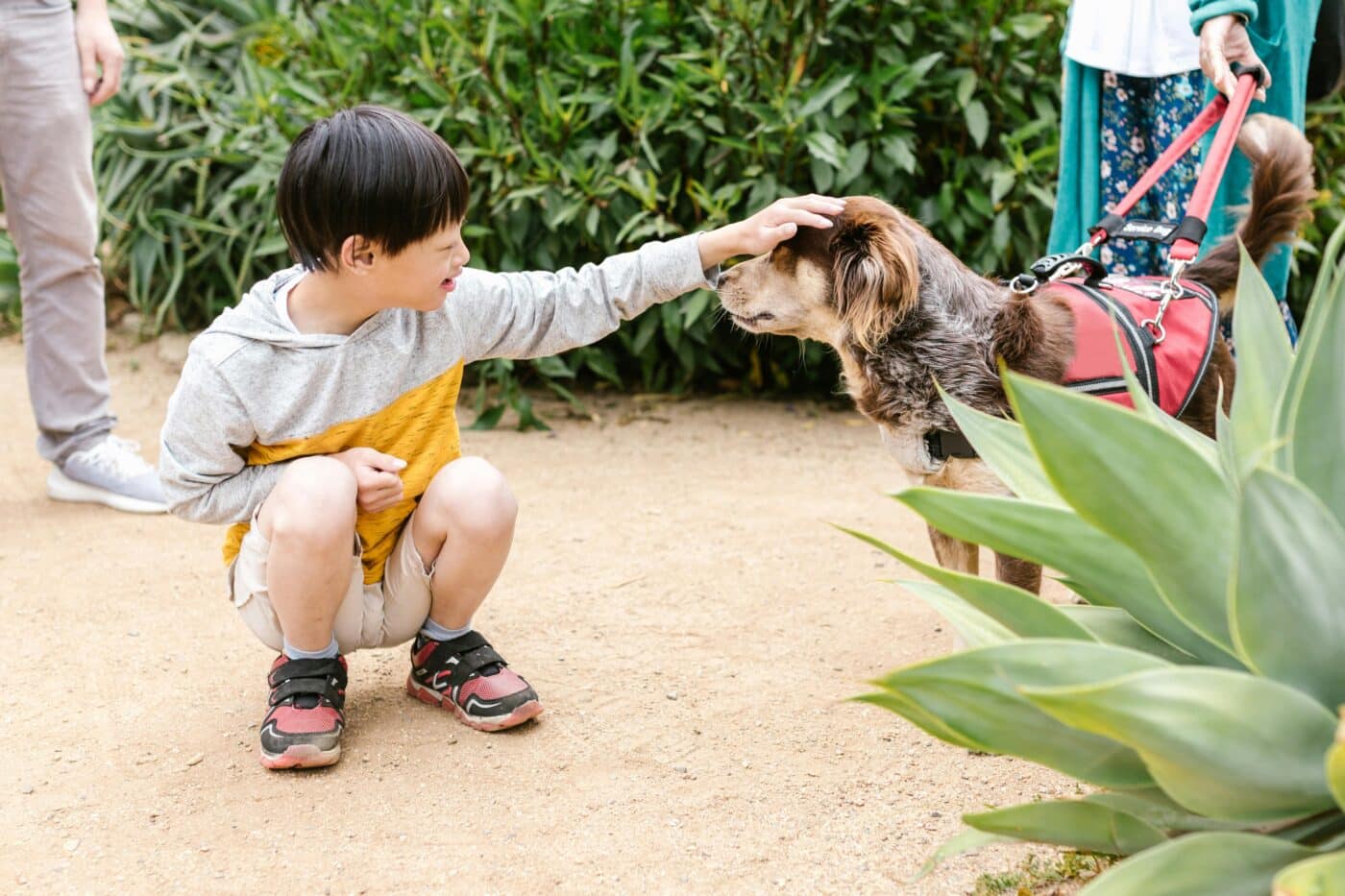 Shutterstock
Shutterstock
Many dogs experience anxiety when strangers approach them too quickly or pet them without warning. While some dogs are social butterflies, others are more reserved and need time to warm up to new people. Allowing strangers to pet your dog without checking how your dog feels about it can increase their stress levels and make them feel unsafe. Always be mindful of your dog’s body language, and don’t force them to interact with people they’re uncomfortable with. Giving your dog the option to approach strangers on their own terms helps to reduce anxiety and build confidence.
Punishing Fearful Behaviors
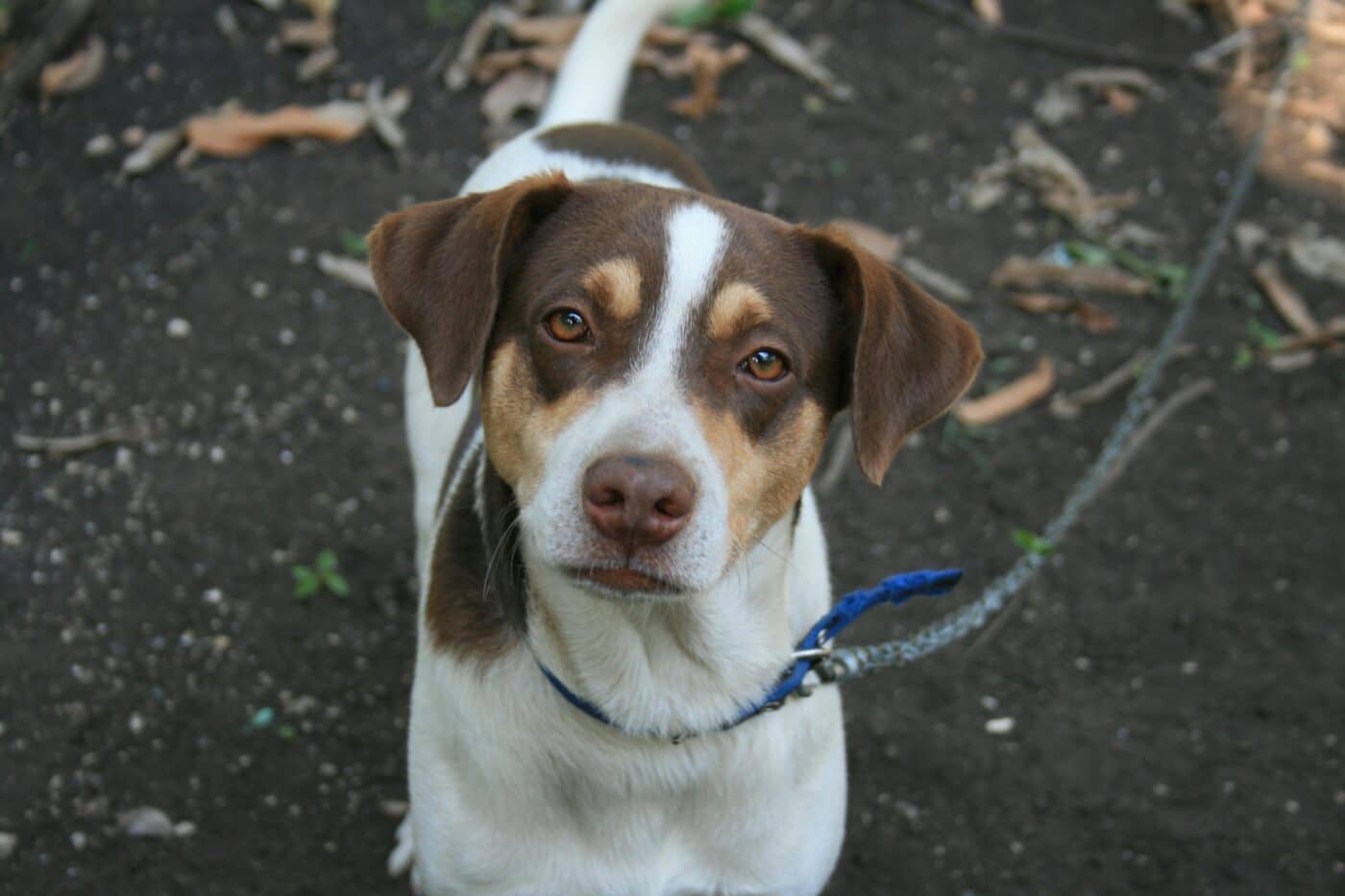 Shutterstock
Shutterstock
Punishing your dog for showing signs of fear or anxiety, like barking, whining, or trembling, can make their anxiety much worse. Dogs don’t understand punishment like humans do, and punishing them for expressing fear can make them feel even more unsafe. Instead, it’s important to use positive reinforcement and create a supportive environment to help them feel more secure. Comforting your dog and slowly desensitizing them to their fears will greatly reduce their anxiety. Being patient and compassionate when dealing with fearful behaviors helps your dog trust you and feel safe.
The Tail End of Anxiety
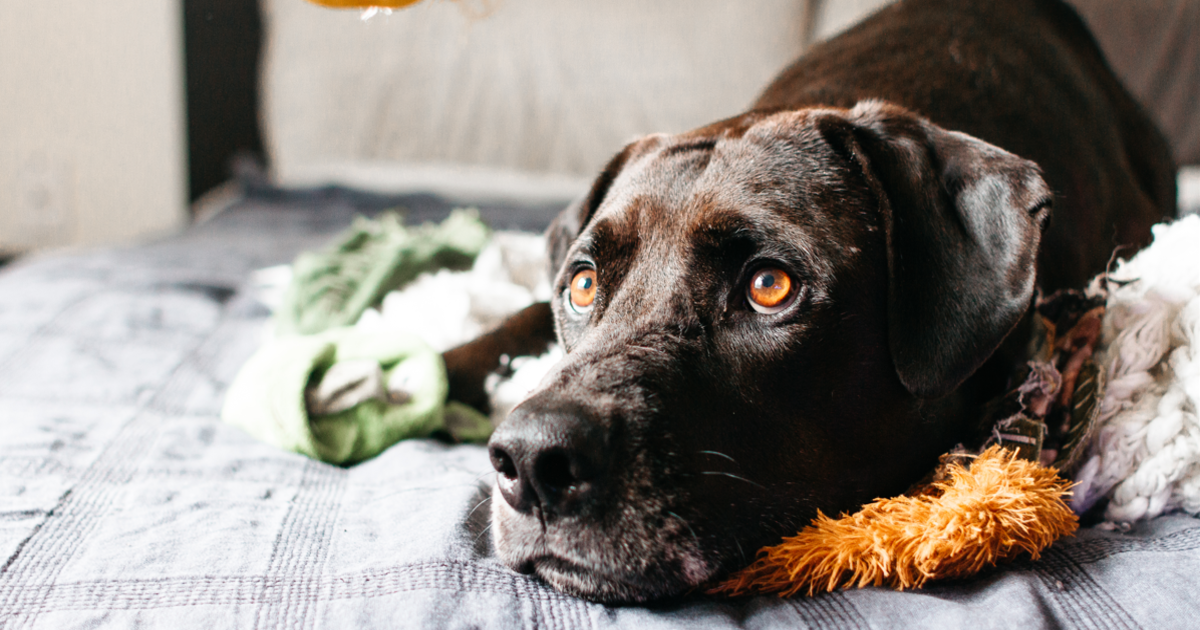 Shutterstock
Shutterstock
Understanding what we do that may unintentionally cause anxiety in our dogs is the first step toward improving their well-being. From setting clear routines and boundaries to ensuring regular exercise and socialization, small adjustments in how we interact with our pets can make a huge difference. Paying attention to their body language and avoiding harsh training methods can create a more secure and comforting environment for your dog. With time, patience, and consistency, your dog’s anxiety can be reduced, leading to a happier, relaxed companion who feels safe and loved.
 Toledo, United States.
Toledo, United States.